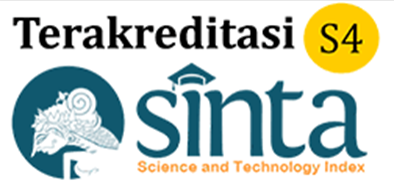Desentralisasi dan Otonomi Pemerintahan Daerah: Studi Literatur Tentang Dinamika Kebijakan Pemerintahan Daerah Pasca-Reformasi
DOI:
https://doi.org/10.24036/publicness.v4i2.260Keywords:
Decentralisation, Regional Autonomy, Reform, Public Policy, GovernanceAbstract
Indonesia's governance reforms have brought about major changes in central-regional relations through the policy of decentralisation. This study analyses the dynamics of decentralisation since the reform era and the contemporary issues that accompany it. Using a descriptive qualitative analysis method based on literature review and secondary data, this study finds that decentralisation has given wider authority to the regions, but faces challenges such as fiscal inequality, uneven bureaucratic capacity, and increased potential for corruption at the local level Policy changes through the 1999, 2004, and 2014 laws show adjustments in establishing a balance between regional autonomy and central control for effective governance. Lack of central-local coordination often leads to overlapping policies, while dynastic politics and weak law enforcement hamper democratisation. However, decentralisation has also encouraged innovation in public services, especially in high-capacity regions, although infrastructure and digital disparities remain an obstacle. To ensure optimal benefits from decentralisation, policy reforms, improved apparatus capacity and closer collaboration between central and local governments are needed to create transparent, effective and sustainable governance. The contribution of this article lies in its presentation, which enriches the public policy literature in Indonesia by providing a comprehensive analysis of the dynamics of post-reform decentralisation and its implications for effective and equitable governance.
Downloads
Published
Issue
Section
License
Copyright (c) 2025 PUBLICNESS: Journal of Public Administration Studies

This work is licensed under a Creative Commons Attribution 4.0 International License.












